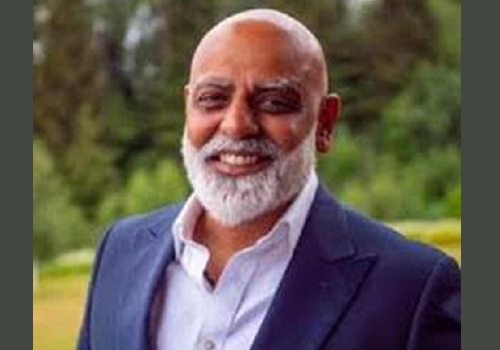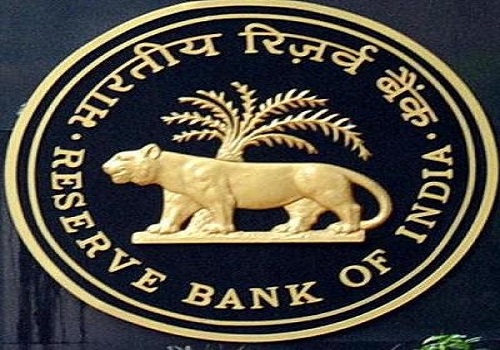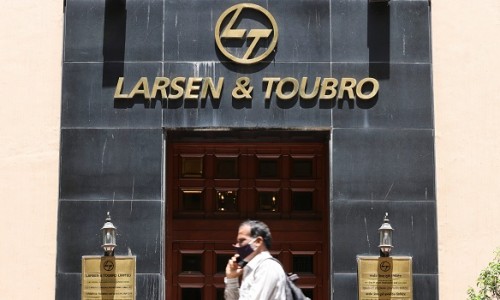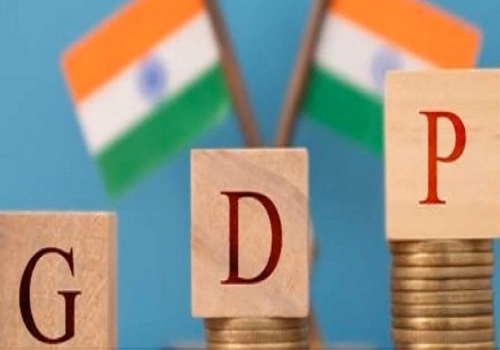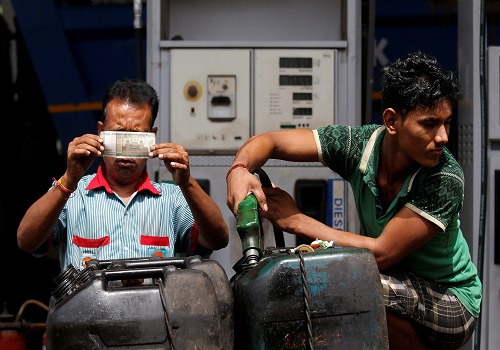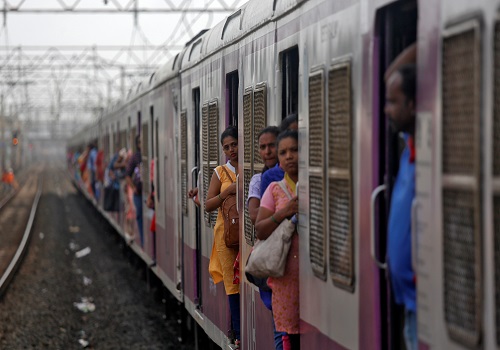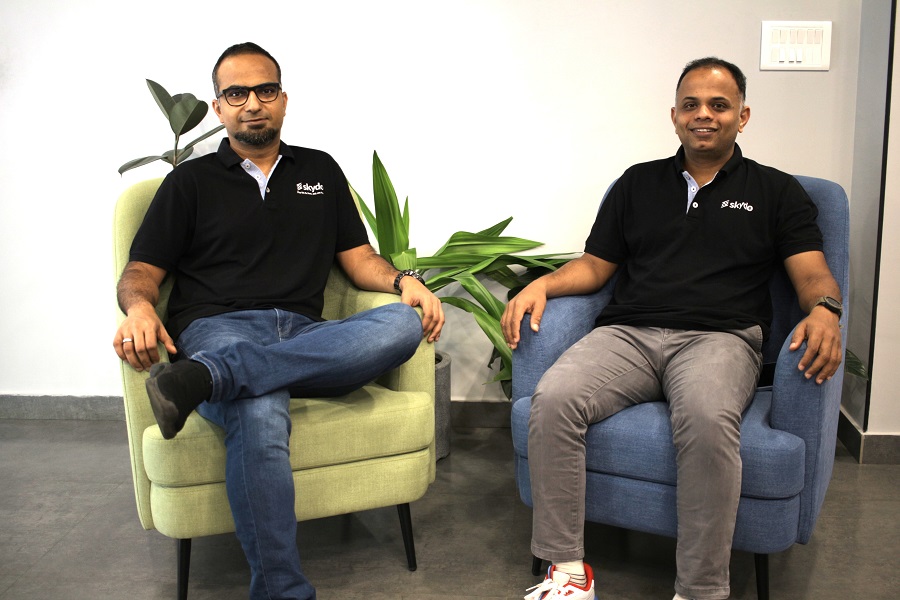Quote on Post GST Council Meeting Insights by Gyanendra Tripathi, Partner & Leader (West), Indirect Tax, BDO India

Below the Quote on Post GST Council Meeting Insights by Gyanendra Tripathi, Partner & Leader (West), Indirect Tax, BDO India
* The decision to retrospectively amend the CGST Act to overcome the Supreme Court decision in the case of the Safari Retreat would not be welcomed by the industry at large. Post the decision, many companies had claimed the ITC relating to the construction of some immovable properties (qualifying as a plant) for the past period and did not utilize it in many cases. Now all such ITC would need to be reversed. It would be interesting to see if such a retrospective amendment, specifically to overrule an SC judgment is challenged in the Court and the fate of such challenge.
* After the amendment in the RBI regulations to prohibit the levy of penal interest, the Banks and Financial Institutions were looking for clarity about the applicability of GST on penal charges collected for breach of loan terms. The GST Council has now decided that no GST would be applicable on such penal charges, which would provide much-needed clarity to the lenders since it would not be possible to collect the GST on such charges subsequently.
* The GST Council has clarified that transactions in vouchers would not be treated as supply. This is a welcome clarification since there were a few conflicting rulings leading to confusion in the industry.
* A Group of Ministers is to be formed to streamline the process for the levy of cess by the States to raise revenue in case of disasters in the respective State. Such State-specific levies would distort the GST structure, which is meant to be uniform across the country. It is hoped that alternative options to raise funds to support the states in case of natural disasters are also evaluated so that there is less complexity in the GST structure.
* A concept note to simplify the process of GST registration for small assessees is again a welcome step since there is variance in the documentation requirements for registrations in different locations and it is hoped that the registration process is uniformly prescribed, for smaller as well as large assessees.
* The exemption on gene therapy for life-saving measures is welcome since the costs associated with such therapy are significant and sometimes out of reach of the person, who needs it. The GST exemption would bring it within reach of more persons.
Above views are of the author and not of the website kindly read disclaimer




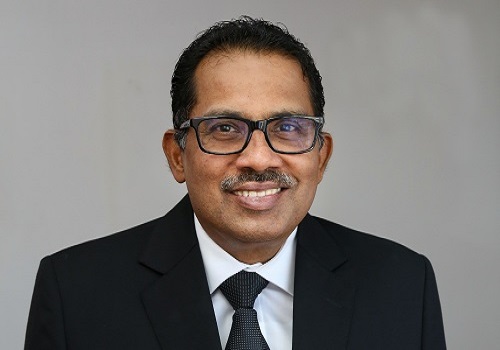





More News

Views on RBI Monetary Policy by Piyush Bothra, Co-Founder & CFO, Square Yards
